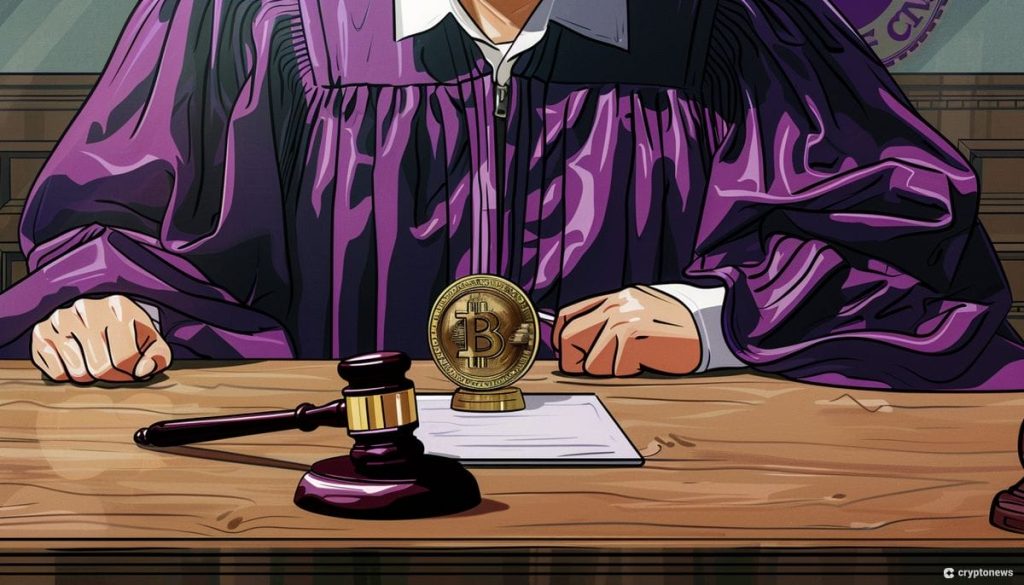Several senior South Korean judges have been found to hold Bitcoin, Ethereum, and various altcoins, according to new public disclosure data. The judges made their cryptocurrency holdings public up until December 31, 2023, which included BTC, ETH, XRP, and Solana coins. This disclosure comes as part of a scandal known as Coin Gate, which initially involved a lawmaker selling coins after receiving insider information on regulatory changes. The scandal has since expanded to include other lawmakers, senior civil servants, and judiciary members, leading to a ruling by the Supreme Court that judges must make annual declarations of their asset holdings to avoid conflicts of interest.
The declarations made by the judges also include the holdings of their spouses and details of wallets held in their children’s names. Cheongju District Court Chief Justice Lim Byeong-ryeol reported the most significant Bitcoin holdings, with BTC 9.92 in total, including BTC 3.38 in wallets under his own name and the remaining BTC 6.54 held by his spouse and eldest son in wallets under their names. Other judges, such as Seoul High Court Chief Justice Hwang Byeong-ha and Seoul Bankruptcy Court Chief Justice Ahn Byeong-wook, also revealed their crypto holdings, with some holding smaller amounts of altcoins like Ethereum, Solana, and XRP in private wallets.
In addition to cryptocurrency holdings, judges were also obligated to reveal their total assets, which included unlisted domestic stocks, as well as overseas stocks. Several judges were found to own blue-chip US stocks, such as Amazon, Apple, Tesla, and Nvidia. This information provides insight into the financial interests of senior South Korean judges and aims to prevent potential conflicts of interest that may arise from their asset holdings. The revelations come amidst a broader economic context, with concerns about a slump in the real estate sector potentially undermining economic activity, as warned by the Bank of Korea.
The disclosure of cryptocurrency holdings by senior South Korean judges is part of an effort to increase transparency and accountability in the judiciary. The expansion of the Coin Gate scandal to include high-ranking officials has raised concerns about conflicts of interest and insider trading, prompting the Supreme Court to implement new regulations requiring judges to make public declarations of their asset holdings. These declarations include not only cryptocurrency holdings but also unlisted stocks and overseas shares, providing a more comprehensive view of the judges’ financial interests.
The public disclosure of cryptocurrency holdings by senior judges sheds light on the increasing prevalence of digital assets in traditional financial portfolios. Despite concerns about the volatility and regulatory uncertainties surrounding cryptocurrencies, prominent figures in the judiciary and other sectors are increasingly diversifying their investments to include digital assets. The revelations also highlight the need for greater oversight and regulation in the cryptocurrency market to prevent abuses like insider trading and conflicts of interest among public officials.
In a related development, a South Korean law firm operator was recently sent to jail for misappropriating funds to invest in private crypto ventures. This case underscores the risks associated with private investments in the cryptocurrency market and the importance of proper oversight and compliance mechanisms. As the use of cryptocurrencies continues to grow, regulators and law enforcement agencies must remain vigilant in detecting and prosecuting illicit activities in the digital asset space to protect investors and uphold the integrity of the financial system.


